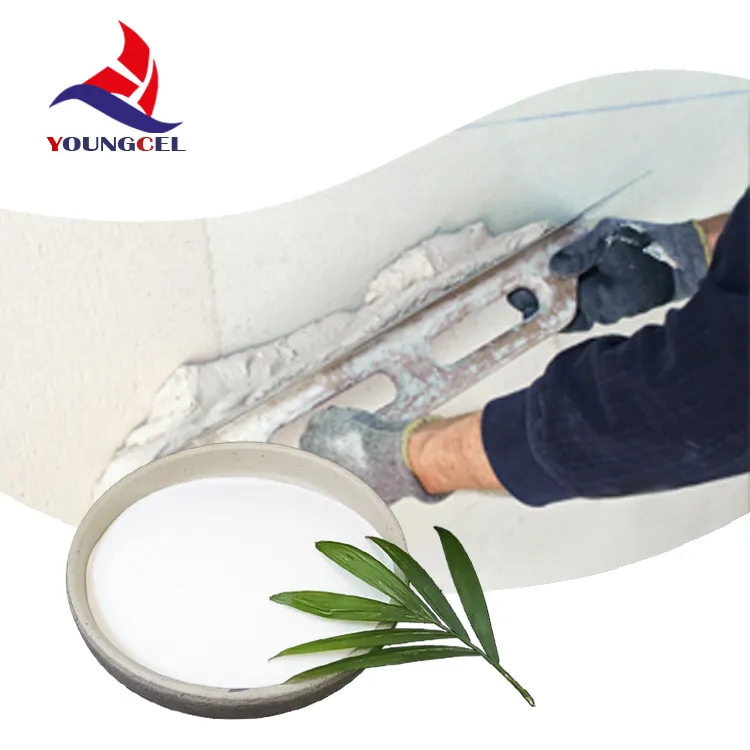Cellulose for Industrial Applications A Versatile Resource
Cellulose, the most abundant organic polymer on Earth, is a remarkable substance that has found a myriad of applications across various industries. Comprising chains of glucose molecules, cellulose forms the structural component of the cell wall in plants. Its inherent properties, such as biodegradability, renewability, and mechanical strength, make it an invaluable resource for industrial purposes.
Cellulose for Industrial Applications A Versatile Resource
The paper industry is perhaps the most well-known sector that relies heavily on cellulose. Paper production fundamentally depends on wood pulp, which is primarily composed of cellulose fibers. The process of converting wood into paper involves breaking down the lignin that binds the cellulose fibers in the cell walls. Owing to its high strength and flexibility, cellulose enables the production of a wide range of paper products, from packaging materials to high-quality printing paper.
'cellulose for industrial'

In the food industry, cellulose serves as a functional ingredient, enhancing the texture and stability of various products. It acts as a thickening agent, emulsifier, and fat replacer, contributing to the mouthfeel of low-fat and sugar-free foods. Moreover, cellulose-derived products, such as microcrystalline cellulose, are used in tablets and capsules as a bulking agent, ensuring consistent dosage and stability in pharmaceuticals.
Beyond these sectors, cellulose is making strides in the field of bioplastics. With the growing concern over plastic waste, researchers are exploring cellulose as a sustainable alternative for packaging materials. Being biodegradable, cellulose-based bioplastics can potentially mitigate some of the environmental challenges posed by conventional plastics, aligning with the global push towards sustainability.
Furthermore, cellulose nanofibers and nanocrystals have emerged as innovative materials with remarkable mechanical and optical properties. These nanoscale cellulose derivatives are being investigated for applications in composite materials, electronics, and even drug delivery systems. Their unique characteristics open up exciting possibilities for advancements in several technological areas.
In conclusion, cellulose is a versatile and sustainable resource that plays a vital role in numerous industrial applications. Its properties not only make it an essential component of traditional materials like paper and textiles, but also pave the way for innovative solutions in food, bioplastics, and nanotechnology. As industries continue to evolve towards sustainability, the demand for cellulose and its derivatives is likely to increase, positioning cellulose as a key player in the future of industrial materials.
-
A Comprehensive Guide to Methyl Ethyl Hydroxyethyl Cellulose: Applications and Industry InsightsNewsNov.24,2025
-
Understanding Methyl 2 Hydroxyethyl Cellulose: Uses, Benefits & Industry InsightsNewsNov.24,2025
-
Hydroxyethyl Methyl Cellulose HEMC: Industrial Uses, Benefits & Future TrendsNewsNov.23,2025
-
HEMC Cellulose: Versatile & Sustainable Industrial Polymer | YoungcelNewsNov.23,2025
-
Methyl Hydroxyethyl Cellulose: Versatile Building Block for Industry & SustainabilityNewsNov.23,2025
-
CAS 9032 42 2: Understanding Polyvinyl Alcohol's Impact on Industry & SustainabilityNewsNov.22,2025




